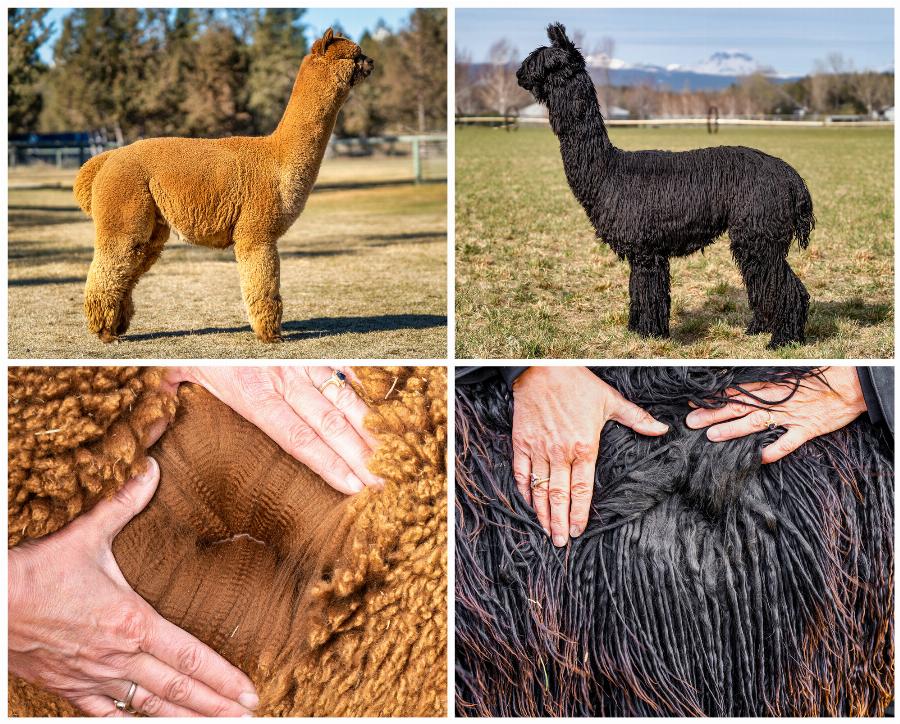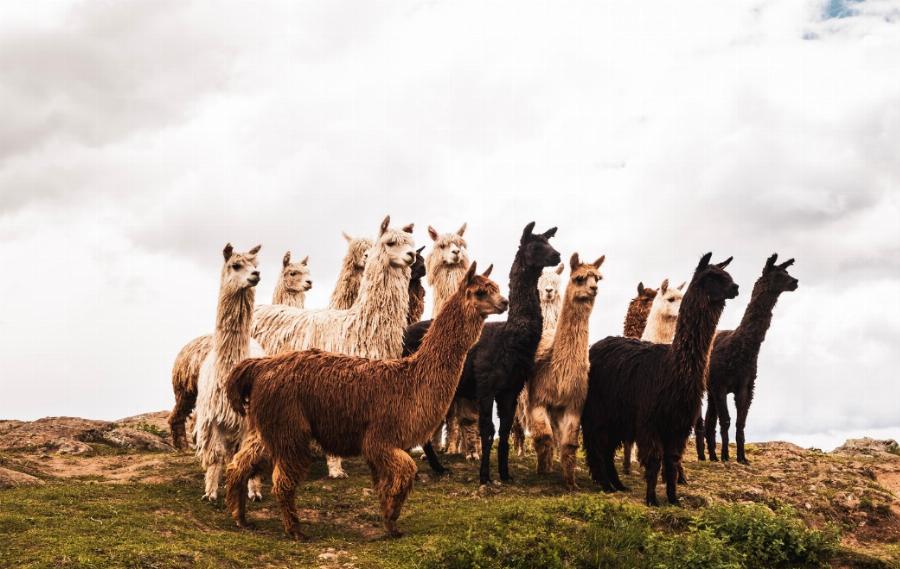Nội dung bài viết
- The Origins and Significance of Alpacas: From Andean Mountains to Global Treasure
- Types of Alpacas and Their Fiber Characteristics: Huacaya vs. Suri
- Is Alpaca Fiber Itchy? Addressing the Common Concern
- What Makes Some Alpaca Products Feel Itchy?
- Alpaca Care and Husbandry: Ensuring High-Quality Fiber
- The Alpaca Industry and Its Products: A World of Softness
- Interesting Facts and Myths about Alpacas: Debunking Misconceptions
- How can I tell if an alpaca garment will be itchy?
- Why is alpaca considered hypoallergenic?
- Where can I find high-quality alpaca products?
- What are the benefits of wearing alpaca?
- How do I care for my alpaca garments?
- FAQs about Alpaca and Itchiness
- A Final Word on Alpaca: Embrace the Softness
Is Alpaca Itchy? That’s a question I, Panchita, get a lot here at lovepanchita.com. And it’s a perfectly reasonable one! After all, we’ve all experienced the scratchy discomfort of certain wools. But when it comes to alpaca, the answer is often a resounding “no.” In fact, alpaca fiber is renowned for its softness and luxurious feel. So, let’s dive deep into the world of alpaca and unravel the mystery of why it’s generally so gentle on the skin, and explore the factors that can sometimes contribute to itchiness.
The Origins and Significance of Alpacas: From Andean Mountains to Global Treasure
Alpacas, these charming camelids, hail from the high altitudes of the Andes Mountains in South America. For centuries, they have been treasured by Andean communities for their luxurious fleece. Historically, alpaca fiber was reserved for royalty and nobility, a testament to its exceptional quality. Today, the appeal of alpaca has spread worldwide, captivating hearts with its softness, warmth, and unique properties. So, how did these Andean treasures become a global sensation? Their incredible fiber, of course!
 Alpacas in their natural habitat in the Andes Mountains
Alpacas in their natural habitat in the Andes Mountains
Types of Alpacas and Their Fiber Characteristics: Huacaya vs. Suri
There are two main breeds of alpacas: Huacaya and Suri. Each boasts distinct fiber characteristics. Huacaya, the more common breed, has a dense, crimpy fleece that gives it a fluffy, teddy-bear-like appearance. This crimped fiber creates air pockets, contributing to alpaca’s exceptional warmth. Suri alpacas, on the other hand, possess long, silky locks that hang in elegant, pencil-like dreadlocks. This fiber is known for its lustrous sheen and drape. While both are incredibly soft, some individuals may find Suri alpaca slightly less itchy due to its longer, smoother fibers.
 Huacaya and Suri alpaca breeds comparison
Huacaya and Suri alpaca breeds comparison
Is Alpaca Fiber Itchy? Addressing the Common Concern
Why do some people wonder, “Is alpaca itchy?” The truth is, pure alpaca fiber is generally not itchy. Unlike sheep’s wool, which contains lanolin, alpaca fiber is lanolin-free. Lanolin is a common allergen that can cause skin irritation and itchiness. The absence of lanolin, combined with the fineness and smoothness of alpaca fibers, contributes to its hypoallergenic nature, making it suitable for even sensitive skin. However, there can be exceptions. So let’s explore what might cause some alpaca products to feel itchy.
What Makes Some Alpaca Products Feel Itchy?
While inherently soft, certain factors can affect the feel of alpaca products. Sometimes, short or coarse fibers can create a prickle. These coarser fibers are typically found in lower-quality alpaca fleece. Another factor is the blend. Alpaca is sometimes blended with other fibers like sheep’s wool or synthetic materials. These blends can introduce itchiness, especially for those sensitive to lanolin or certain synthetics. So, when choosing alpaca products, opt for 100% baby alpaca or high-quality royal alpaca for ultimate softness and comfort.
 Comparing baby and royal alpaca fiber
Comparing baby and royal alpaca fiber
Alpaca Care and Husbandry: Ensuring High-Quality Fiber
Proper alpaca care and husbandry are crucial for maintaining the quality of their fleece. Alpacas thrive in cool, dry climates, and their diet plays a significant role in fiber health. A balanced diet rich in nutrients ensures strong, healthy fibers. Regular shearing, typically done once a year, is essential for harvesting the fleece and promoting healthy fiber growth. By adhering to these practices, alpaca breeders contribute to the production of exceptionally soft and luxurious alpaca fiber.
The Alpaca Industry and Its Products: A World of Softness
The alpaca industry has flourished, offering a diverse range of products, from luxurious apparel to cozy home goods. Alpaca sweaters, scarves, and blankets are prized for their warmth, softness, and durability. The fiber’s natural hypoallergenic properties make it an excellent choice for those with sensitive skin. Moreover, alpaca is a sustainable and eco-friendly fiber source, as alpacas are gentle grazers with a minimal environmental impact.
Interesting Facts and Myths about Alpacas: Debunking Misconceptions
Alpacas are fascinating creatures, and several myths surround them. One common misconception is that all alpacas spit. While they can spit, it’s typically a defense mechanism used within the herd. Another myth is that alpaca fiber is difficult to care for. In reality, alpaca is relatively easy to maintain, often requiring only gentle hand washing or dry cleaning. Let’s debunk these myths and appreciate these gentle giants for their unique qualities.
How can I tell if an alpaca garment will be itchy?
Feel the garment. High-quality alpaca will feel soft and smooth. Check the label. Look for 100% alpaca and information about the fiber grade (e.g., baby alpaca, royal alpaca). Ask questions. If purchasing online or in a store, inquire about the fiber source and processing methods.
Why is alpaca considered hypoallergenic?
Alpaca fiber lacks lanolin, the waxy substance found in sheep’s wool that is a common allergen. The smooth, fine fibers of alpaca are less likely to irritate sensitive skin.
Where can I find high-quality alpaca products?
Reputable alpaca farms, online retailers specializing in alpaca goods, and craft fairs often offer high-quality alpaca products. Look for brands that prioritize ethical sourcing and sustainable practices.
What are the benefits of wearing alpaca?
Alpaca is incredibly warm, lightweight, and breathable. It’s also hypoallergenic, making it a comfortable choice for those with sensitive skin. Its natural moisture-wicking properties help regulate body temperature, keeping you warm in the cold and cool in the heat.
How do I care for my alpaca garments?
Most alpaca garments can be hand washed or dry cleaned. Follow the care instructions on the label for best results. Avoid harsh detergents and excessive agitation, as these can damage the delicate fibers.
FAQs about Alpaca and Itchiness
Q: Is alpaca warmer than wool?
A: Yes, alpaca fiber is known to be warmer than sheep’s wool, thanks to its unique hollow core structure which traps air and provides excellent insulation.
Q: Is all alpaca fiber the same?
A: No, alpaca fiber quality varies depending on factors like the alpaca’s age, breed, and diet. Baby alpaca and royal alpaca are considered the finest and softest grades.
Q: Can alpaca be blended with other fibers?
A: Yes, alpaca is sometimes blended with other fibers like wool, silk, or synthetics to create different textures and properties. However, blends may introduce itchiness for some individuals.
A Final Word on Alpaca: Embrace the Softness
Is alpaca itchy? Generally, no. Alpaca fiber, especially baby alpaca and royal alpaca, offers an unparalleled level of softness and comfort. By understanding the factors that can sometimes contribute to itchiness and choosing high-quality alpaca products, you can fully experience the luxurious and hypoallergenic benefits of this incredible fiber. Here at lovepanchita.com, we’re passionate about sharing the wonders of alpacas. So, explore our collection of exquisite alpaca products and embrace the softness!